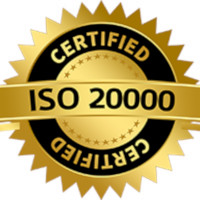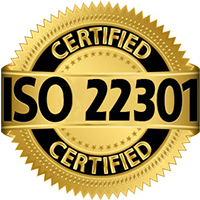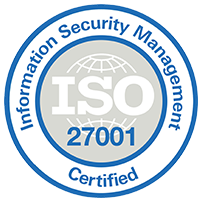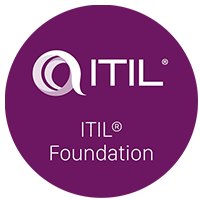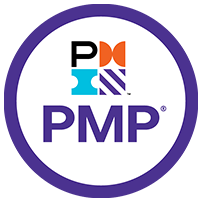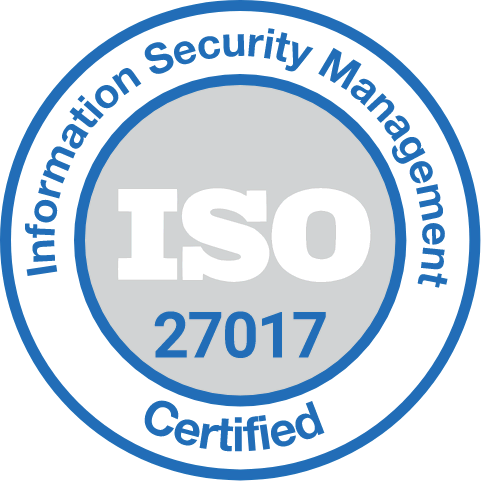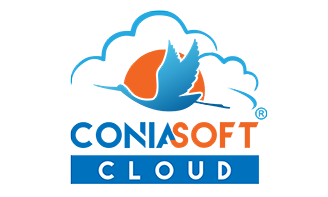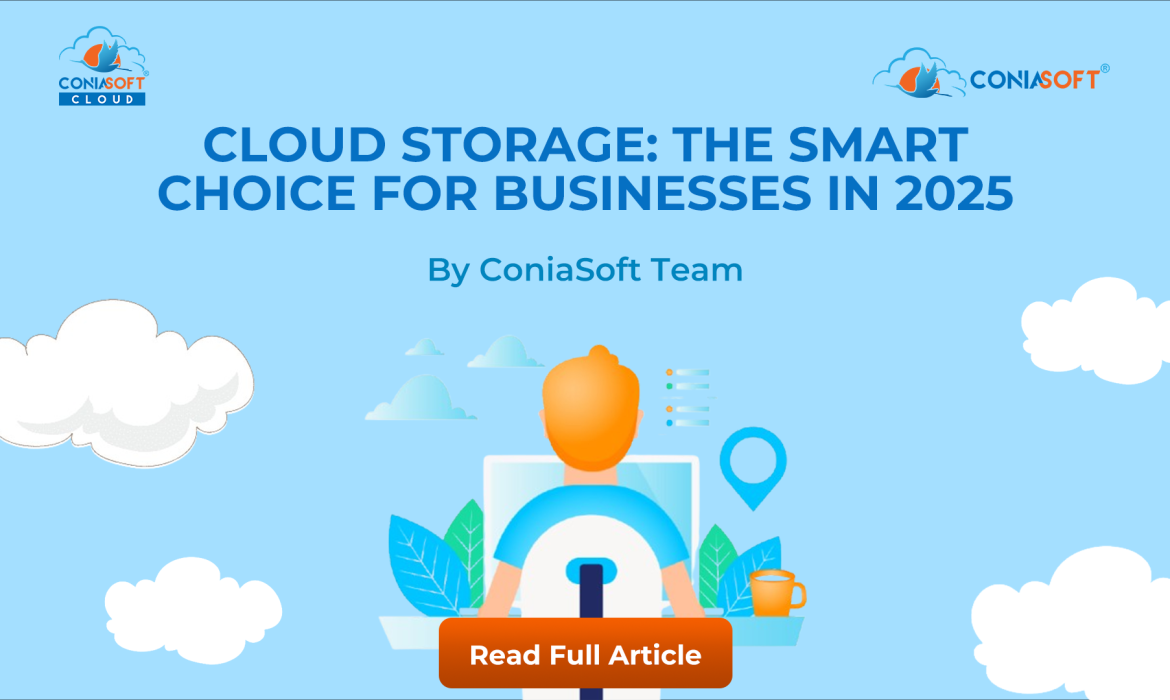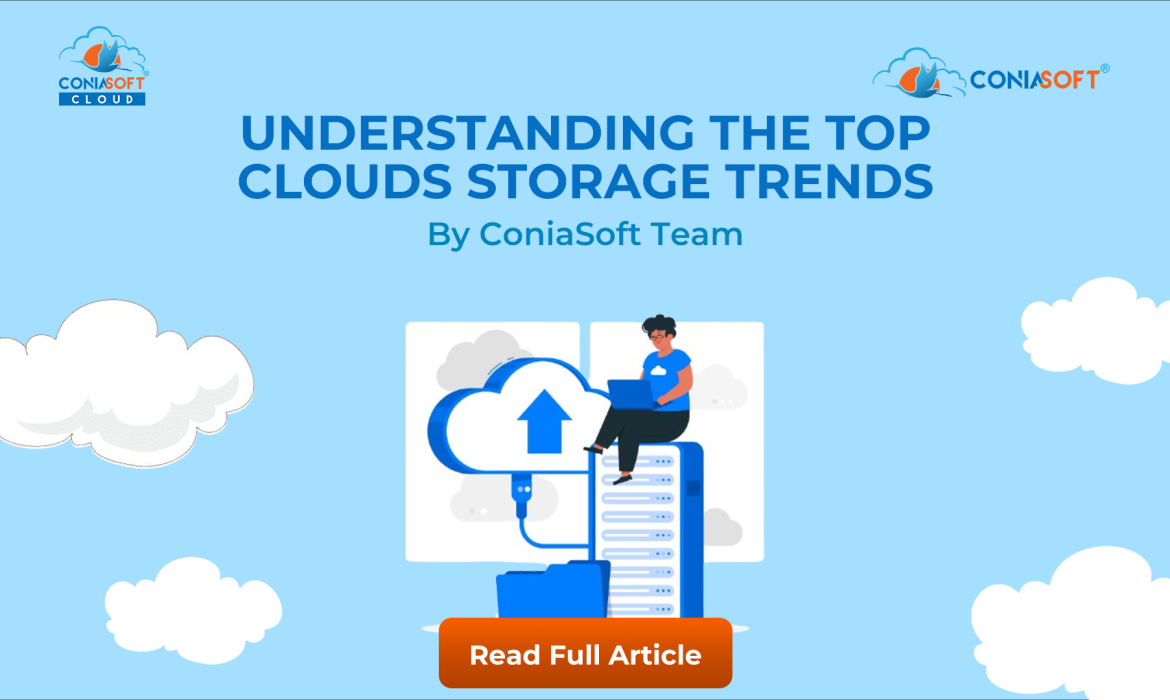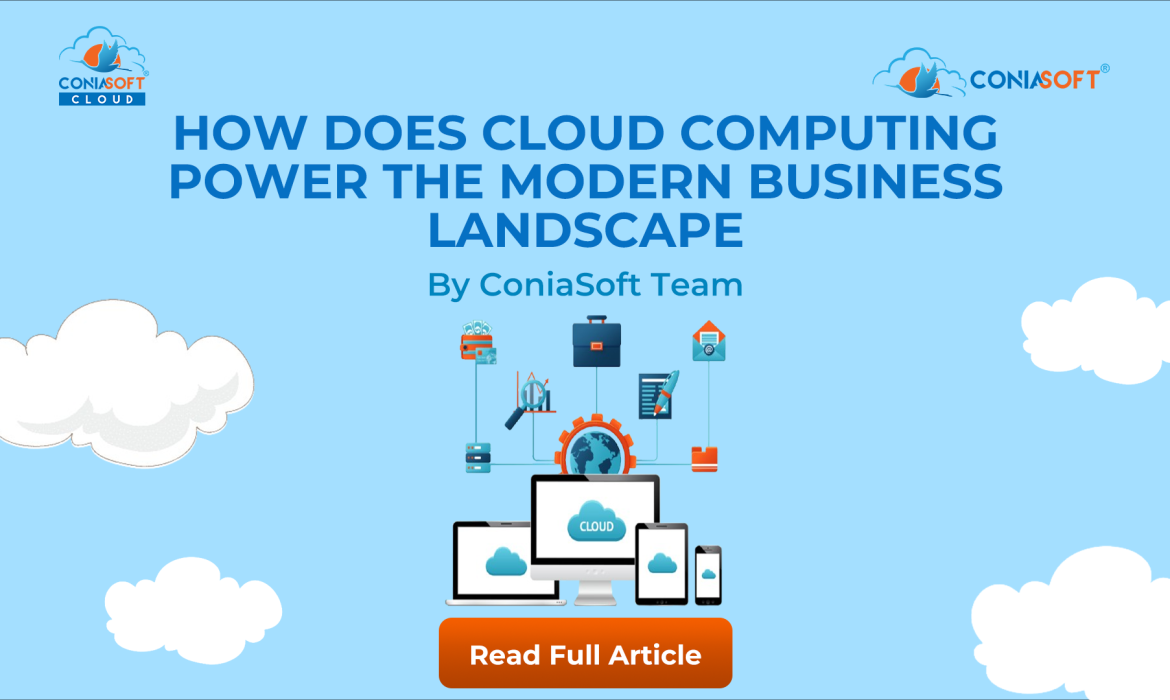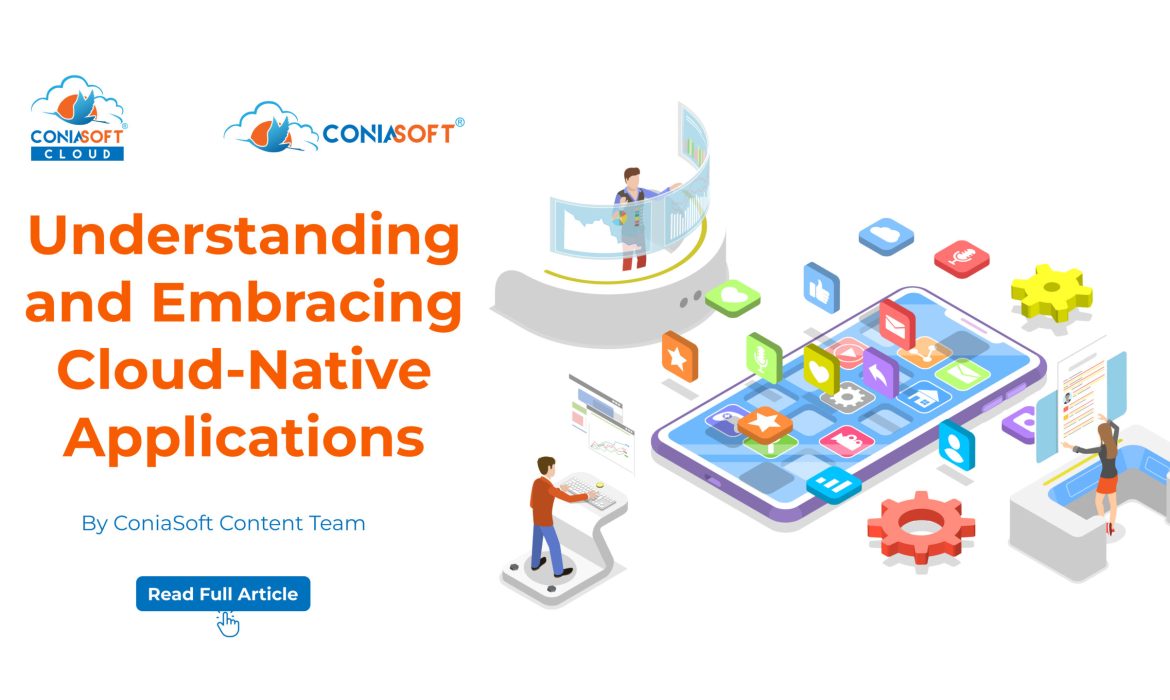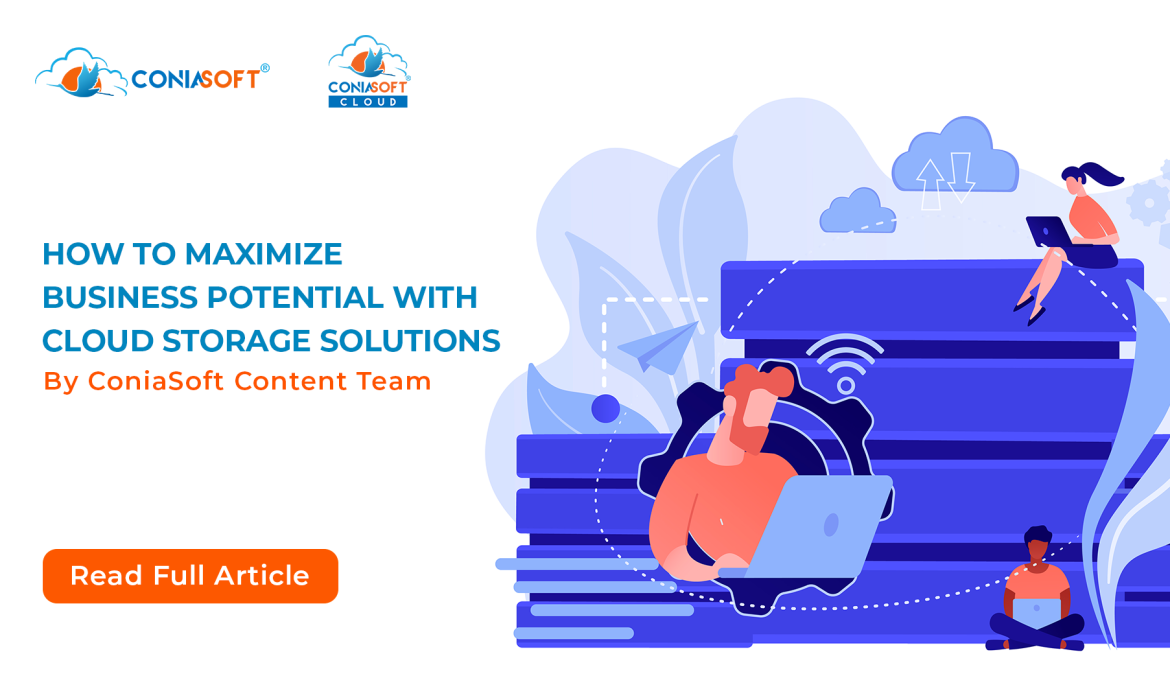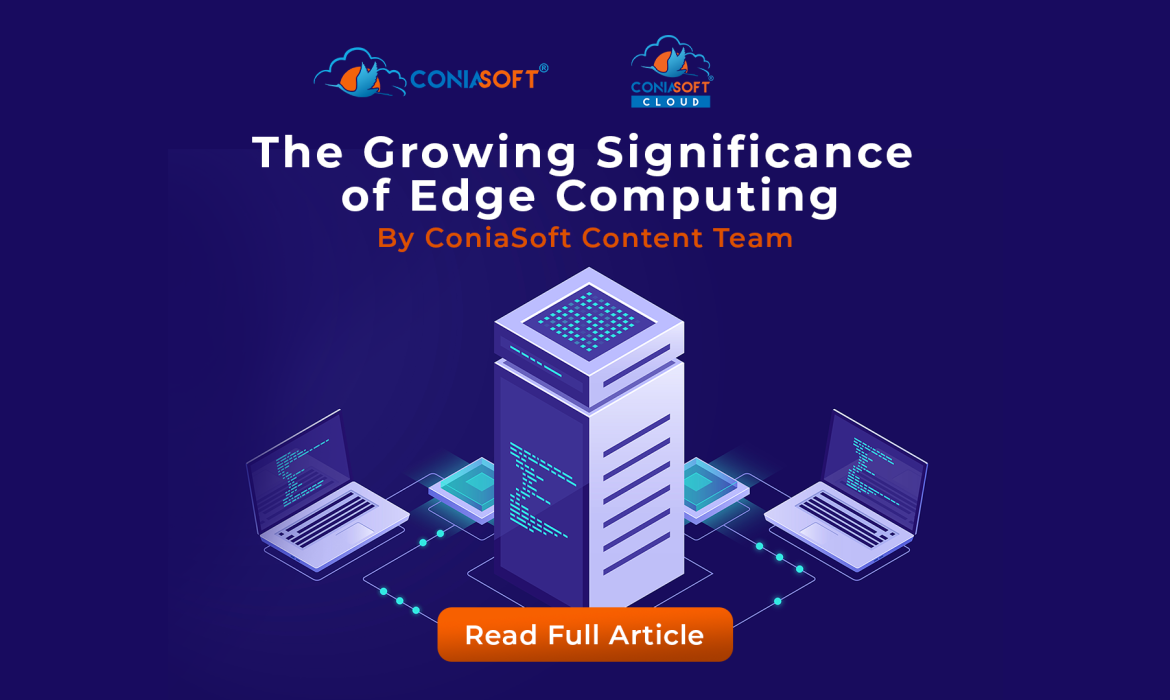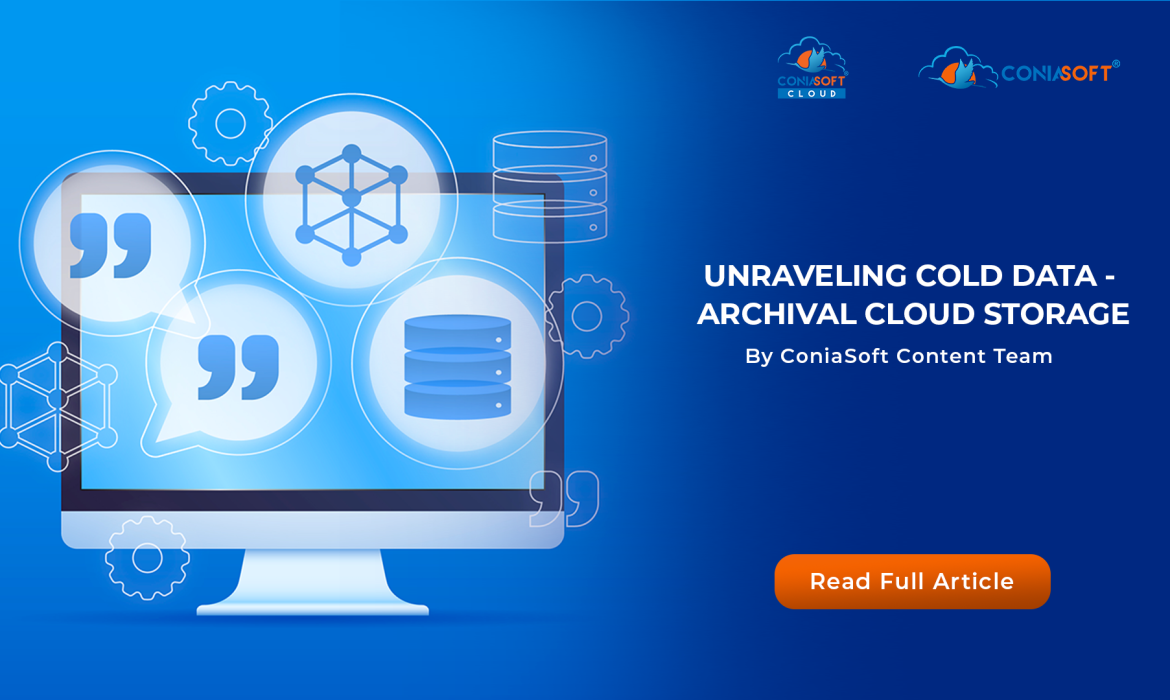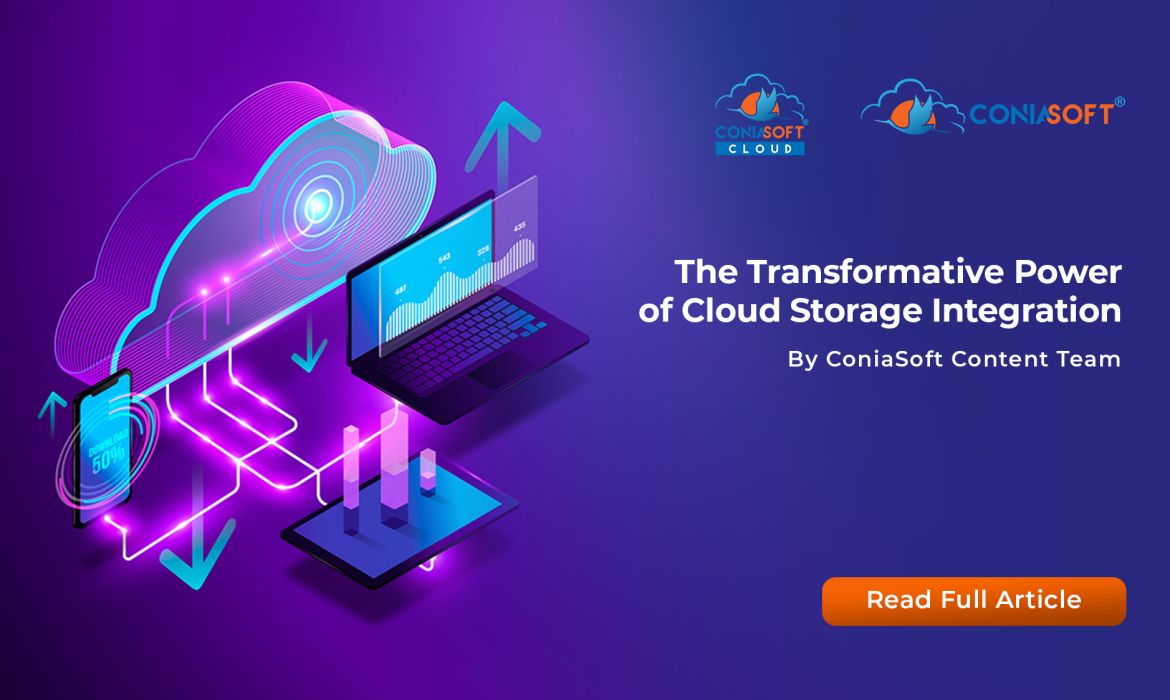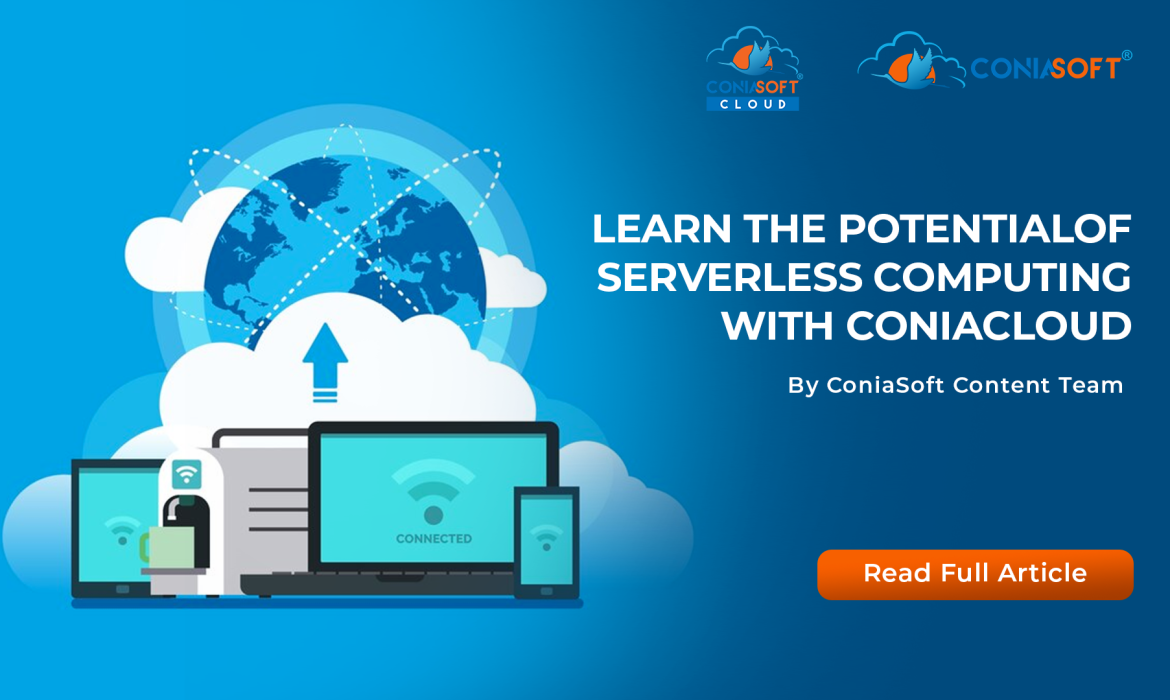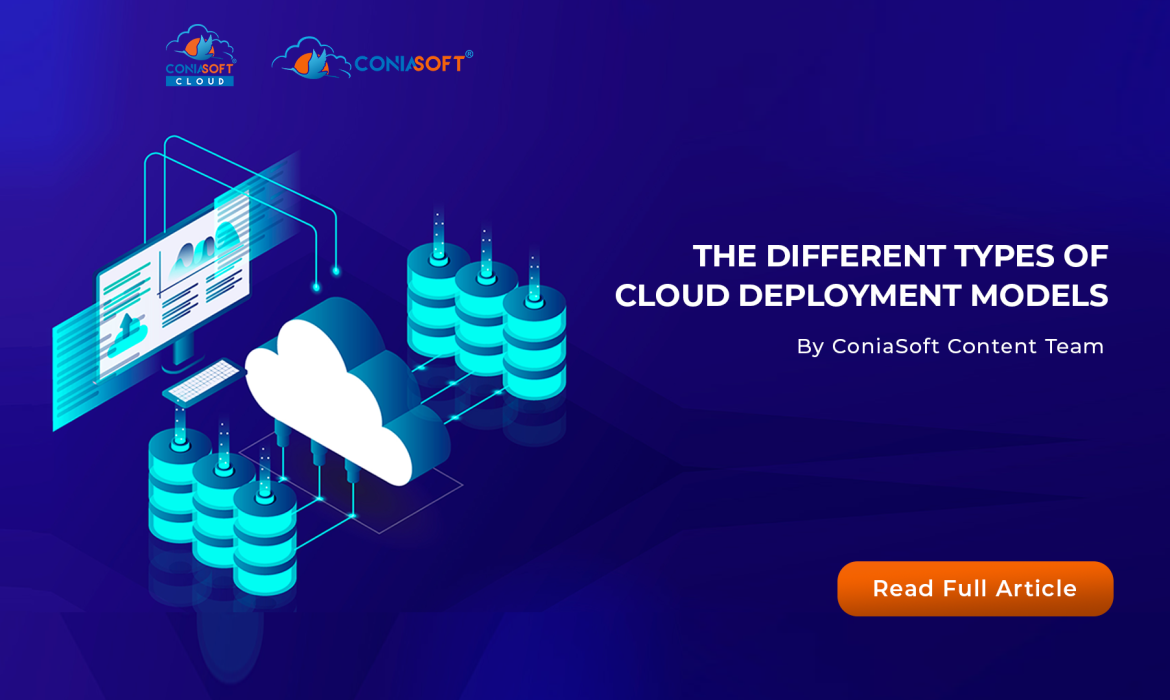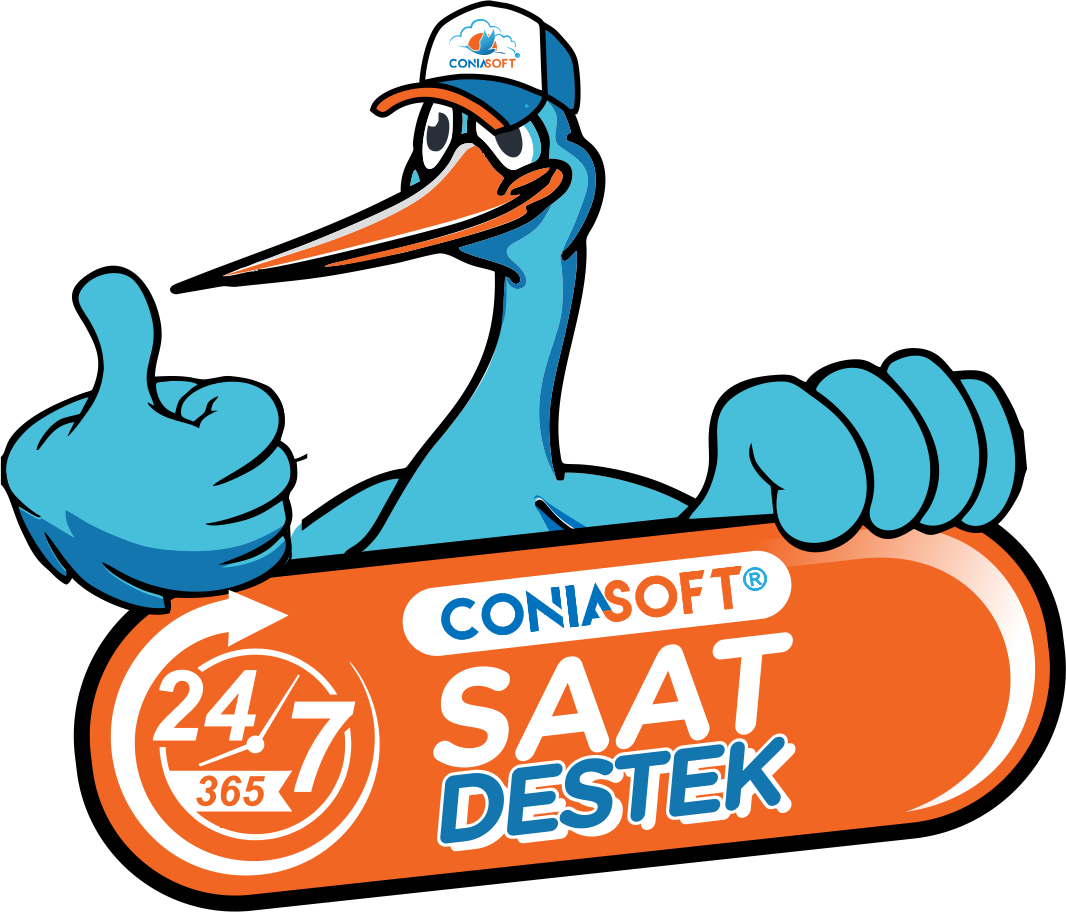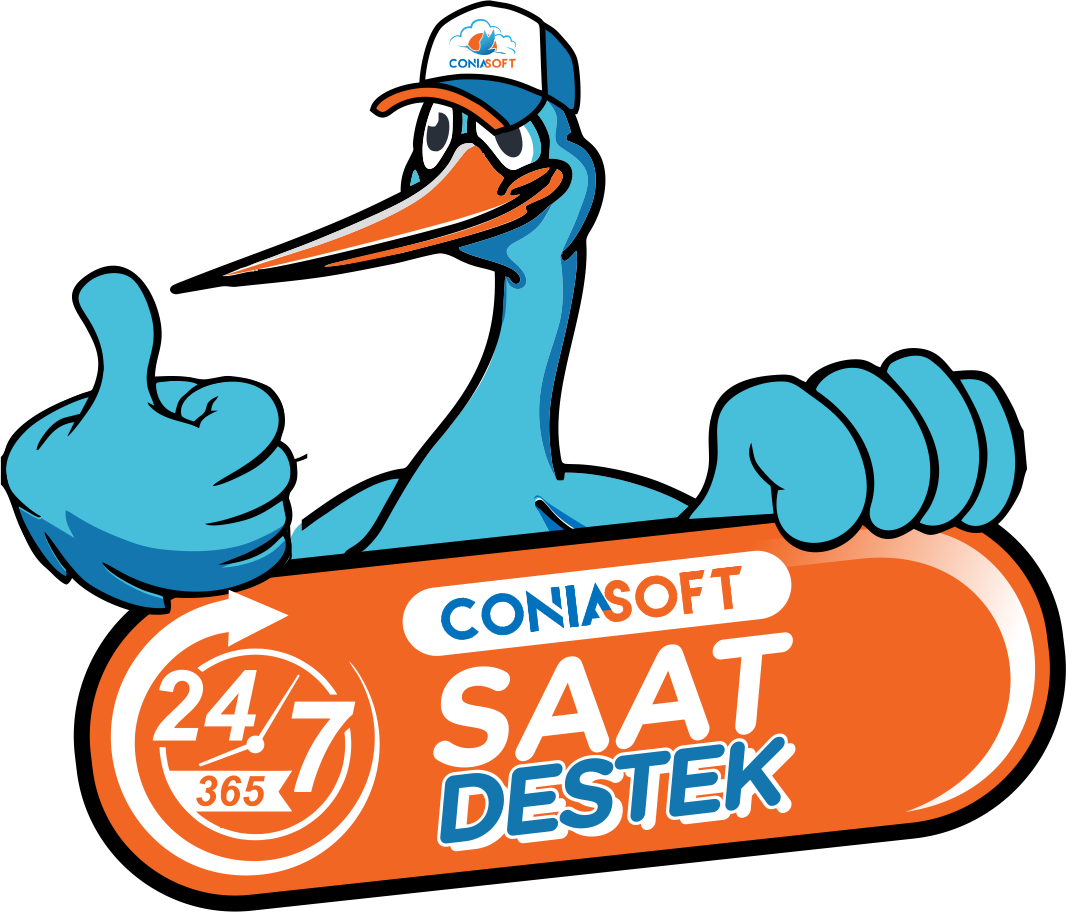Cloud Storage: The Smart Choice for Businesses in 2025
In today’s fast-paced digital world, businesses are generating and relying on more data than ever before. From customer information to operational analytics and critical documents, managing this ever-growing volume of data can be a daunting task. This is where cloud storage steps in as a game-changer, offering a flexible, secure, and cost-effective solution for organizations of all sizes.
What is Cloud Storage?
At its core, cloud storage means storing your digital data on a network of remote servers, rather than directly on your local devices or on-premises infrastructure. These servers are maintained and managed by a cloud provider (like AWS, Azure, or Google Cloud), and you access your data over the internet. Think of it like a massive, highly secure digital locker accessible from anywhere, anytime.
Why Cloud Storage is a Must-Have for Businesses in 2025
The benefits of cloud storage extend far beyond simple data backup. Here’s why businesses are increasingly embracing it:
1. Unmatched Scalability and Flexibility
One of the most compelling advantages of cloud storage is its scalability. Businesses can effortlessly scale their storage capacity up or down based on their needs, paying only for the resources they use. This eliminates the need for large upfront investments in hardware and allows companies to adapt quickly to changing demands, whether it’s a sudden surge in data or a period of slower growth. This flexibility is crucial for staying agile in a dynamic market.
2. Enhanced Security and Compliance
Data security is paramount, and cloud providers invest heavily in robust security measures that often surpass what individual businesses can achieve on their own. In 2025, we’re seeing an even greater emphasis on advanced security protocols like AI-driven threat detection, Zero Trust Architecture, and comprehensive encryption (both in transit and at rest). Cloud environments also facilitate compliance with various industry regulations (like GDPR and HIPAA) by offering tools for data governance, access controls, and auditing. While businesses still have a role in securing their data in the cloud, the underlying infrastructure security is managed by experts.
3. Significant Cost Efficiency
Moving to the cloud can lead to substantial cost savings. By eliminating the need for expensive physical servers, maintenance, and IT personnel dedicated to managing on-premises storage, businesses can significantly reduce their operational expenses. The pay-as-you-go model ensures that you only pay for the storage you consume, optimizing your budget. Furthermore, strategies like intelligent data tiering (automatically moving less frequently accessed data to cheaper storage) and AI-powered cost optimization tools are helping businesses reduce waste and maximize their cloud investment.
4. Improved Data Accessibility and Collaboration
Cloud storage empowers employees to access files and collaborate seamlessly from any location, on any device, as long as they have an internet connection. This is a game-changer for remote and hybrid work models, boosting productivity and fostering better teamwork across geographically dispersed teams. Real-time synchronization ensures everyone is working on the latest version of a document, eliminating version control headaches.
5. Robust Disaster Recovery and Business Continuity
Data loss can be catastrophic for any business. Cloud storage significantly enhances disaster recovery capabilities by automatically backing up data across multiple, geographically dispersed data centers. In the event of a localized outage, cyberattack, or natural disaster, businesses can quickly recover their data and resume operations with minimal downtime, ensuring business continuity.
The Rise of Hybrid Cloud Storage
While public cloud storage offers immense benefits, many organizations are opting for a hybrid cloud storage strategy. This approach combines the best of both worlds: keeping sensitive or regulated data on-premises or in a private cloud, while leveraging the public cloud for less sensitive, scalable workloads. This provides organizations with greater control over critical data while still enjoying the scalability and cost-efficiency of public cloud services. The integration of public and private environments enables a flexible and optimized approach to data management.
Looking Ahead to the Future
As we move further into 2025, cloud storage will continue to evolve. Expect to see even more sophisticated AI and Machine Learning capabilities for enhanced security and cost optimization, greater emphasis on sustainability with carbon-neutral data centers, and the continued maturation of multi-cloud and hybrid cloud strategies. For businesses looking to thrive in the digital age, embracing cloud storage isn’t just an option—it’s a strategic imperative.
UNDERSTANDING THE TOP CLOUD STORAGE TRENDS
In an age where data flows like an unending river, the sheer volume generated by businesses and individuals alike has reached staggering heights, with exabytes produced daily. As this digital deluge intensifies, the need for robust, scalable, and intelligent storage solutions has surged to unprecedented levels. Cloud storage, once seen merely as a handy alternative for data management, has firmly cemented itself as a vital pillar of our interconnected digital existence. The landscape of cloud storage is dynamic and ever-evolving, shaped by innovative trends that promise to revolutionize how we handle our data.
As we look towards 2025, the cloud storage market is not just on an upward trajectory; it’s soaring to new heights, projected to exceed a remarkable $210 billion by 2033. This explosive growth is propelled by a convergence of factors, including the widespread adoption of cloud-native applications, the rapid expansion of remote work arrangements, and the relentless accumulation of unstructured data stemming from the Internet of Things (IoT), artificial intelligence (AI), and advanced analytics.
So, what are the prominent trends casting their influence on the future of cloud storage?
Let’s delve deeper:
1. The Rise of Hybrid and Multi-Cloud Strategies: The era of relying on a singular cloud provider is becoming a relic of the past. Companies are increasingly adopting hybrid and multi-cloud approaches, which seamlessly combine public cloud services with robust private cloud infrastructures. This strategy also frequently involves leveraging multiple public cloud providers concurrently. The benefits of this approach are multifaceted:
– Flexibility and Avoiding Vendor Lock-In: Organizations can cherry-pick the best services from a variety of providers tailored for specific workloads, mitigating the risks associated with dependency on a single vendor.
– Cost Optimization: Companies are empowered to allocate workloads to the most economically favorable environment—whether that means preserving sensitive data on-premises or utilizing public cloud resources for scalable, less critical applications.
– Elevated Security and Compliance: Sensitive information can be safeguarded within private environments, while public cloud services can handle non-sensitive workloads, thereby adhering to varying regulatory requirements.
– Disaster Recovery and Resilience: By dispersing data across diverse environments, businesses can vastly enhance their continuity and recovery strategies in the event of outages or cyber threats.
2. The Emergence of Edge Computing: Bridging Proximity and Efficiency – With the proliferation of IoT devices and the increasing necessity for real-time data processing, edge computing is rapidly gaining traction. This paradigm shifts the focus of computation and data storage to the network’s periphery—the “edge”—where data is created.
– Reduced Latency: By processing data at or near its source, the time required to glean insights and enact decisions is drastically minimized—essential for applications such as autonomous vehicles, smart manufacturing, and real-time analytics.
– Optimized Bandwidth Utilization: Only pertinent data makes the journey to centralized clouds, curbing bandwidth expenditures and alleviating network congestion.
– Heightened Security and Privacy: Localized processing diminishes the need to transfer sensitive information to cloud infrastructures, thereby bolstering data privacy.
– AI-Enabled Edge Solutions: Embedding AI capabilities directly into edge devices enables swift decision-making and intelligent automation without relying on continuous cloud connectivity.
3. AI and Machine Learning: Revolutionizing Storage Management – AI and machine learning have transcended their roles as mere adjuncts to cloud processes; they are fundamentally transforming cloud storage operations.
– AI-Powered Storage Optimization: Advanced algorithms analyze data access trends, intelligently tiering information to the most cost-effective storage tiers (be it hot, cool, or cold), optimizing resource allocation in the process.
– Predictive Maintenance: AI’s capability to forecast potential storage failures ahead of time allows for proactive interventions, significantly reducing potential downtime.
– Enhanced Security Measures: AI-driven threat detection and anomaly recognition play a critical role in safeguarding sensitive data housed in the cloud.
– Automated Data Management: From streamlined data classification to automated backups and comprehensive data lifecycle management, AI is simplifying the intricacies of storage operations.
4. Commitment to Sustainability: The Green Cloud Initiative – As awareness of the environment deepens, sustainable and eco-friendly cloud storage solutions are emerging as key focus areas. Given that data centers are notorious for their substantial energy consumption, providers are increasingly pressured to minimize their carbon footprint.
– Harnessing Renewable Energy: An increasing number of cloud providers are committing to powering their data centers with sustainable energy sources.
– Innovations in Energy-Efficient Hardware: Cutting-edge designs in hardware and cooling systems are transforming data centers into more energy-efficient entities.
– Smart Data Management Practices: Techniques such as cold storage for infrequently accessed data, deduplication, and compression practices aim to lower energy consumption related to data storage and transfer.
– Transparent Sustainability Reporting: Companies are stepping up their efforts to present clearer sustainability roadmaps, openly reporting on their environmental initiatives and achievements.
5. Unwavering Focus on Security and Compliance: A Critical Imperative – As the volume of critical data migrating to the cloud continues to soar, the importance of security and compliance cannot be overstated. The adaptability of cyber threats requires robust and innovative protective measures.
– Zero-Trust Architectures: Embracing a philosophy of “never trust, always verify,” organizations ensure that no user or device is granted automatic access, regardless of location.
– Advanced Encryption Techniques: Evolving encryption methodologies are crucial for safeguarding data both at rest and in transit.
– Blockchain Integration: The exploration of blockchain technology offers promising avenues to enhance data integrity, ensuring unparalleled auditability across cloud storage solutions.
Final Takeaway
As we navigate the complexities of our data-rich environment, these trends are setting the stage for a cloud storage landscape that is more efficient, secure, and sustainable than ever before.
HOW DOES CLOUD COMPUTING POWER THE MODERN BUSINESS LANDSCAPE
In today’s fast-paced digital world, where technological advancements occur at breakneck speed, businesses are in a relentless pursuit of innovative solutions designed to enhance operational efficiency, minimize costs, and fuel sustainable growth. Among the multitude of transformative technologies, cloud computing has emerged as a pivotal force, fundamentally reshaping how organizations operate and thrive in the competitive landscape. Its rising prominence in the business sector is undeniable, as it transforms from a once-niche solution into an essential backbone for enterprises of all sizes.
At its essence, cloud computing encapsulates the delivery of on-demand computing services over the internet—often referred to as “the cloud.” This includes a diverse array of resources such as virtual servers, expansive storage, robust databases, complex networking solutions, sophisticated software applications, advanced analytics, and intelligent systems. Instead of bearing the burden of owning and managing their own physical infrastructure, businesses can seamlessly access these services from third-party cloud providers, paying solely for what they utilize. This paradigm shift offers unparalleled flexibility and scalability, empowering organizations to rapidly adapt their IT resources according to fluctuating demands. For startups, this translates to a swift launch without the cumbersome pressure of establishing a dedicated data center. For larger enterprises, it means effortlessly managing spikes in customer traffic during peak sale seasons or launching new global initiatives with remarkable ease and efficiency.
The ramifications of cloud computing on business operations are profound and multi-faceted. One of its most significant advantages is cost reduction. By removing the need for hefty hardware purchases, expensive software licenses, and the ongoing maintenance and energy expenses that accompany traditional IT infrastructure, companies can redirect their capital towards more strategic and innovative initiatives. Additionally, the operational weight of maintaining IT systems transfers to the cloud provider, liberating internal IT teams to concentrate on innovation and addressing business-specific challenges rather than getting bogged down with routine maintenance tasks. This shift enhances an organization’s agility and responsiveness to the ever-changing marketplace.
Beyond the evident financial savings, cloud computing serves as a catalyst for innovation, accelerating the time-to-market for new products and services. The accessibility of a vast suite of services and tools within the cloud environment empowers businesses to experiment with emerging technologies, develop and deploy applications at unprecedented speeds, and glean invaluable insights through advanced analytics. This democratization of access means that even small businesses can harness cutting-edge tools formerly reserved for large corporations with sprawling IT budgets. From artificial intelligence and machine learning to big data analytics and the Internet of Things (IoT), cloud platforms lay the foundational infrastructure that enables organizations to leverage these groundbreaking technologies, gaining a significant competitive edge.
Security—often a primary concern as businesses transition to the cloud—has also transformed with widespread cloud adoption. Major cloud providers invest substantial resources in state-of-the-art security measures, frequently exceeding the level of protection that individual businesses could afford or implement on their own. These providers employ teams of dedicated security experts, implement advanced encryption protocols, and comply with rigorous industry standards, offering a level of security that can serve as a critical advantage, especially for small and medium-sized enterprises. While this does not absolve businesses of their own security responsibilities, it establishes a shared responsibility model, leading to an overall environment that is often more secure.
Final Thoughts
Cloud computing has transcended the realm of being merely a trend; it represents a fundamental evolution in how businesses consume and deliver IT services. Its increasing relevance is rooted in its capacity to drive operational efficiency, cut costs, promote innovation, enhance scalability, and bolster security. As businesses continue navigating an increasingly complex and competitive marketplace, the agility, flexibility, and power presented by cloud computing will undoubtedly remain a vital differentiator, enabling organizations to adapt, innovate, and thrive in the digital age.
CONIACLOUD BLOG Understanding and Embracing Cloud-Native Applications
The digital landscape is rapidly changing, with cloud-native applications leading the charge. You’ve probably encountered terms like containers, microservices, and Kubernetes, but what do they actually signify, and why are they important? This article will explore cloud-native applications and how they are transforming software development and deployment.
CONIACLOUD BLOG HOW TO MAXIMIZE BUSINESS POTENTIAL WITH CLOUD STORAGE SOLUTIONS
In today’s rapidly evolving digital landscape, businesses of all sizes are constantly seeking ways to enhance efficiency, improve collaboration, and ensure data security. One technology that has emerged as a game-changer in achieving these goals is cloud storage. Moving away from traditional on-premises storage solutions and embracing the cloud can unlock a wealth of benefits, empowering your business to thrive.
CONIACLOUD BLOG The Growing Significance of Edge Computing
In an era marked by relentless interconnectivity, the staggering amount of data generated by billions of devices strains traditional cloud infrastructures to their limits. In today’s rapidly evolving technological landscape, we are witnessing the emergence of edge computing—a groundbreaking distributed computing paradigm that strategically relocates computation and data storage nearer to the source of data generation, commonly referred to as the “edge” of the network. This paradigm shift signifies far more than a mere technological advancement; it embodies a profound transformation in the way we process, analyze, and react to information.
CONIACLOUD BLOG UNRAVELING COLD DATA – ARCHIVAL CLOUD STORAGE
In the bustling and ever-evolving landscape of cloud storage, we often find ourselves immersed in discussions about “hot” data – those files and databases that we access frequently and rely on for our day-to-day digital activities. However, lurking quietly in the shadows is a vast and largely unexplored territory filled with “cold” data, which accumulates with the passing of time, harboring immense potential and value. Today, let’s venture into the intriguing world of archival cloud storage and uncover the distinct challenges and remarkable opportunities that it presents.
CONIACLOUD BLOG The Transformative Power of Cloud Storage Integration
Cloud storage has transcended its origins as a mere digital filing cabinet, emerging as a fundamental pillar of contemporary business practices. Today, this dynamic technology sits at the heart of modern enterprises, intricately woven into a vast ecosystem of other cloud services that fuel innovation, enhance efficiency, and reshape the way we operate. Let’s delve into the various ways this powerful integration is revolutionizing our work environments.
CONIACLOUD BLOG LEARN THE POTENTIAL OF SERVERLESS COMPUTING WITH CONIACLOUD
The cloud has fundamentally transformed the way we develop and deploy applications, paving the way for a more efficient and dynamic approach to technology. In the past, managing physical servers was a labor-intensive process filled with challenges, such as scaling issues and the financial burden of paying for unused resources. However, a quiet revolution is underway even within this cloud landscape: serverless computing. At ConiaCloud, we are not merely offering cloud services; we are empowering businesses to harness the full potential of this innovative paradigm shift.
CONIACLOUD BLOG THE DIFFERENT TYPES OF CLOUD DEPLOYMENT MODELS
The advent of cloud computing has transformed the business operations landscape, providing unparalleled scalability, flexibility, and cost-effectiveness. However, referring to it simply as “the cloud” lacks the nuance needed to make informed decisions. Much like selecting the ideal vehicle for a specific journey, choosing the appropriate cloud deployment model is essential for achieving optimal outcomes. These models dictate the location of your data and applications, as well as the methods by which they are managed and secured. Let’s delve deeper into the four primary cloud deployment models, each offering unique advantages tailored to varying business needs.
